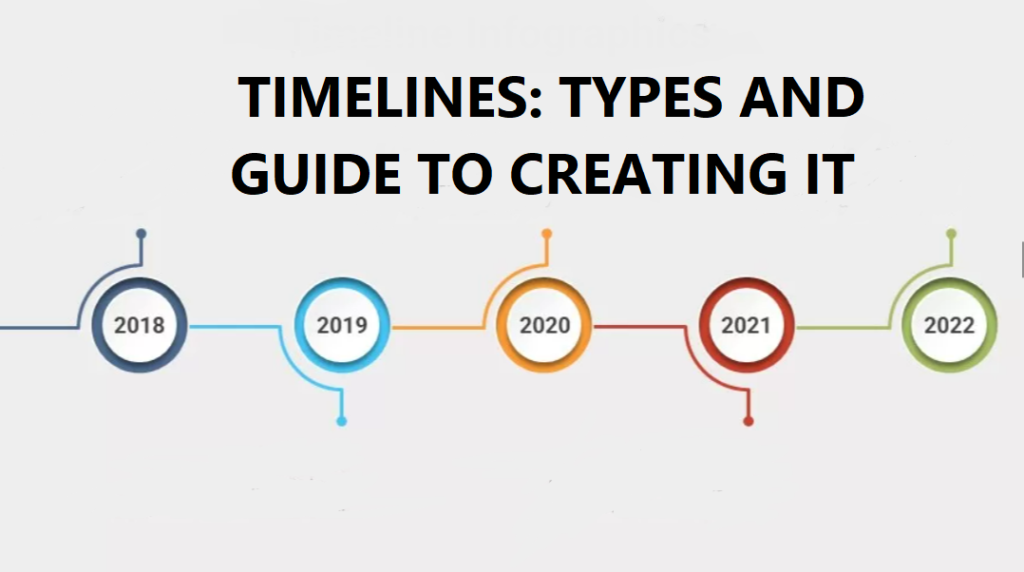Efficient data management is the backbone of any successful business, especially in today’s interconnected and digital-driven landscape. For IT managers, one of the most persistent challenges lies in ensuring accurate and reliable identification of customers, vendors, and partners across diverse systems. This is where fuzzy name matching software steps in.
Fuzzy name matching technology enables organizations to identify and reconcile variations in names across databases. Whether dealing with typos, inconsistent abbreviations, or different name formats, this software ensures that your data remains clean, organized, and accurate.
Before jumping into the benefits, it’s essential to understand how this technology works. Fuzzy name matching relies on advanced algorithms to identify and match names that are similar but not identical. For instance, a customer’s name could appear as “Jonathon Doe” in one system but as “John Doe” in another. Fuzzy matching detects these discrepancies and helps unite such data under a standardized format.
Unlike exact matching, which strictly relies on exact data inputs, fuzzy matching considers potential errors or variations in names. Using phonetic algorithms, similarity scores, or machine learning, it provides seamless reconciliation of disparate records.
This approach solves a significant problem for businesses handling high volumes of data, ensuring improved accuracy and efficiency across various processes.
This post will explore five key ways fuzzy name matching software can benefit your business and why it’s an essential tool for IT managers looking to streamline operations and improve data integrity.
Enhances Data Accuracy
The success of any IT system hinges on data accuracy. Errors in name entries—whether typographical errors, alternative spellings, or inconsistent formatting—are common and can significantly impact the effectiveness of a database. Fuzzy name matching software addresses this challenge by identifying close matches even when exact data isn’t available.
For example, a manual search for “Katherine Smith” might not reveal a record entered in the system as “Catherine Smithe.” Fuzzy algorithms can detect these variations, ensuring no critical records are overlooked. This enhanced accuracy minimizes duplicate entries and reduces the risk of errors in reporting, compliance, or customer interactions.
Improves Customer Experience
Exceptional customer service is often rooted in personalization. However, personalization becomes challenging when inconsistencies in your database prevent you from truly knowing your customers. Misspelled names or duplicate records can result in confusion during communication or even lead to sending multiple emails or offers to the same person.
Fuzzy name matching streamlines this process by consolidating customer information. A clear, unified view of customer profiles allows businesses to tailor their interactions and communications effectively. For instance, ensuring a customer receives only one email—rather than two identical ones addressed to “Michael Brown” and “Micheal Brown”—helps prevent alienating your audience and maintains brand credibility.
Streamlines Fraud Detection
Businesses frequently deal with a wealth of customer and vendor data that must remain protected. Fraud is an increasing concern, particularly in financial institutions, e-commerce, and healthcare sectors. Fuzzy name matching is a valuable tool in the fight against fraudulent activities.
For example, a fraudulent actor may create slightly altered identities, such as using “John A. Doe” instead of “John Adams Doe,” to bypass identity checks. With fuzzy matching software, minor variations are detected, enabling organizations to identify potentially fraudulent matches and flag suspicious activity for further investigation.
This capability ensures compliance with industry regulations, including Anti-Money Laundering (AML) directives, and enhances the efficacy of your security protocols.
Simplifies Record Linking Across Systems
Modern enterprises often operate multiple systems that store customer and employee names in various databases. Manual matching across these systems is time-intensive and prone to human error. Fuzzy name matching automates this process, allowing IT managers to link related records efficiently.
For example, when merging a newly implemented CRM system with an older HR database, you may encounter mismatched records due to data entry errors or differences in formatting. Fuzzy matching identifies potential linkages, reducing the workload for IT teams and ensuring a smoother integration process.
This ability to unify records across systems not only saves time but also creates a single source of truth that fosters better decision-making within the organization.
Drives Operational Efficiency
Efficiency lies at the heart of every successful IT operation. Manual data reconciliation requires significant resources, consumes valuable time, and carries a high risk of inaccuracies. Fuzzy name matching software automates these processes, boosting efficiency and freeing up IT professionals to focus on higher-value tasks.
Consider the example of a large ecommerce retailer reconciling thousands of customer returns against sales records. Without automated name-matching software, discrepancies like “Sarah Jones” and “Sara Jones” could lead to time delays and frustrated customers. Fuzzy matching eliminates these errors, ensuring processes run smoothly and resources are allocated optimally.
By reducing manual intervention and improving data quality, businesses can experience faster workflows, fewer errors, and ultimately reduced operational costs.
Final Thoughts
For IT managers, integrating fuzzy name matching software can serve as a game-changing solution to many daily challenges. It ensures your systems operate efficiently, customer data remains consistent, and security measures are strengthened. Additionally, it empowers businesses to harness more actionable insights from their data by providing a clean and unified dataset.
With increasing volumes of data being generated every day, the tools you leverage to manage this data can influence your organization’s success. Fuzzy name matching software provides the accuracy, reliability, and scalability to meet the dynamic demands of the modern business landscape.
Accurate data is the foundation of informed decision-making and exceptional customer experiences. Fuzzy name matching software ensures that your organization is armed with accurate, consistent, and consolidated data across all systems.
Whether your focus is on delivering personalized customer interactions, safeguarding against fraud, or streamlining internal operations, fuzzy name matching software can help your organization unlock new levels of efficiency and growth.
Evaluate your current data management processes and identify areas where inaccuracies might be hindering your progress. Implementing fuzzy matching could be the next significant step in boosting your business capabilities.





